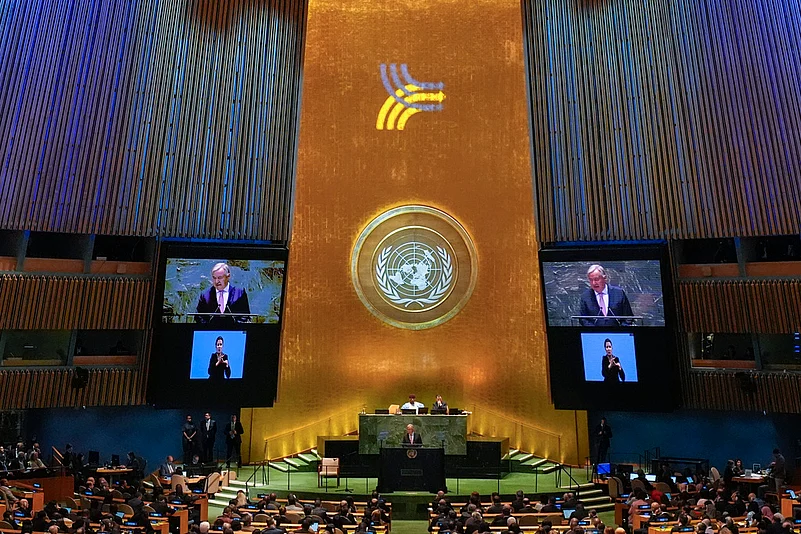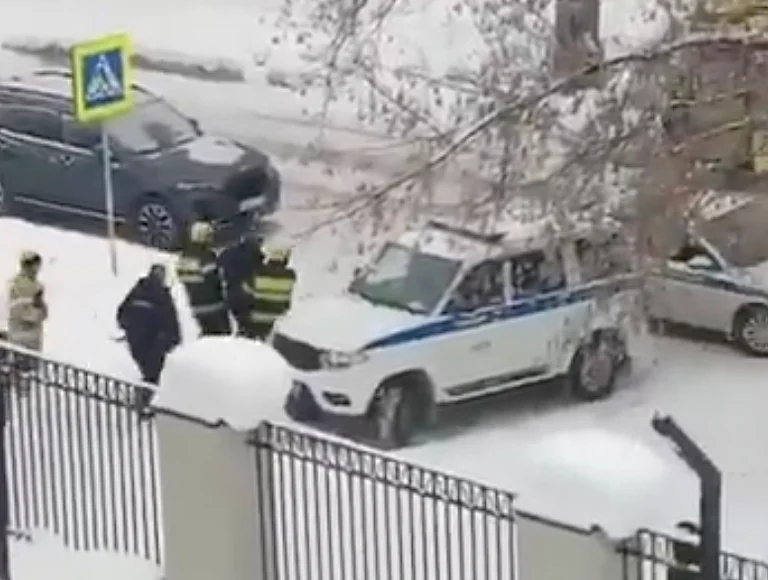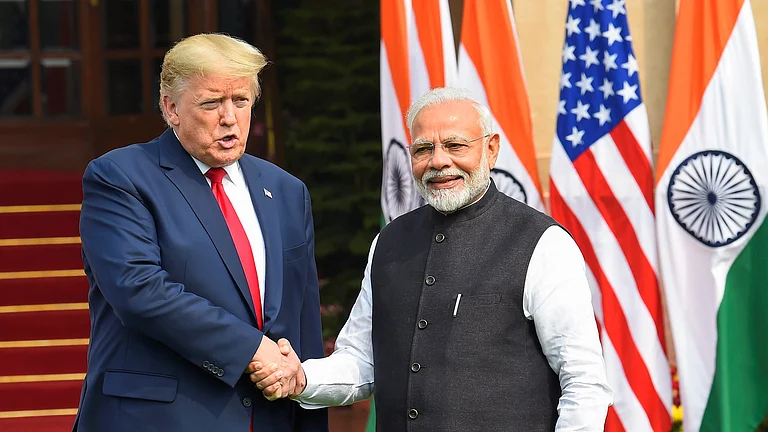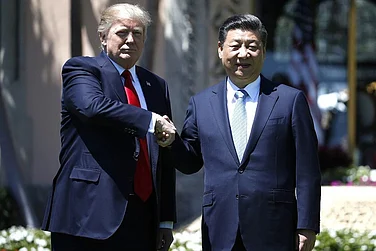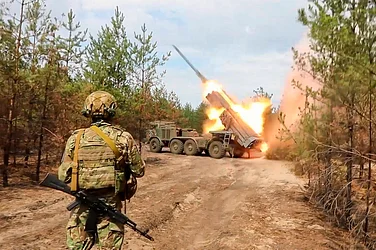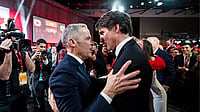Ahead of UNGA week, the United Nations General Assembly has adopted the UN 'Pact for the Future". The 56-page document, adopted despite strong opposition from Russia and its allies, has been described as a landmark agreement to "keep up the pace with a changing world".
The pact includes two annexes - the Global Digital Compact and the Declaration of Future Generations - which was adopted through consensus on Sunday, marking the start of the UN's Summit of the Future.
The pact, which remains non-binding, was adopted amid opposition from Russia and its allies - Belarus, Iran, Syria, Venezuela, Nicaragua and North Korea. However, a motion filed by the Democratic Republic of Congo dismissed Russian opposition, paving the way for consensus of the UN pact.
'Let's Get To Work': Secretary-General Welcomes UN Pact
United Nations Secretary-General Antonio Guterres welcomed the 'Pact for the Future' and stated that this declaration will "open pathways to new possibilities and opportunities".
"I welcome the adoption of the Pact for the Future, the Global Digital Compact & the Declaration on Future Generations - a step-change towards more effective, inclusive, networked multilateralism. I've been fighting for the ideas in these documents since the first day of my mandate, and I will be totally committed to their implementation," the UN Chief said on X.
German Chancellor Olaf Scholz, one of the leading voices of the pact, also welcomed its implementation and said the resolution shows that the member states of the UN are "still committed to the principles of the Charter and are still willing to treat each other with respect and fairness."
What is the pact about?
“We are at a time of profound global transformation. We are confronted by rising catastrophic and existential risks, many caused by the choices we make. Fellow human beings are enduring terrible suffering. If we do not change course, we risk tipping into a future of persistent crisis and breakdown.”
The 56-page pact opens with the line that if the model of governance does not change now, the future of younger generations and more stands at risk. The lengthy pact, contains 56 "actions" which the 193 member states of the UN have pledged to achieve.
The pact, which was adopted after nine months of negotiations, focuses on themes ranging from peace and security and global governance to climate change and digital cooperation. Overall, the main objective of the pact aims to pave the way for a multilateral world going ahead.
Pact for the Future adopted amid Russian opposition
The pact was adopted through consensus on Sunday to kick off the two-day UN Summit for the Future in New York. The consensus for the resolution comes after strong Russian opposition. Following the discussions and deliberations, Russia filed an motion for amendment of the pact.
Russian opposition was made over the text regarding interference of global bodies and international organisations in a country's national affairs regarding sovereignty. While not mentioned directly, this objection to text alluded to the ongoing war with Ukraine.
Moscow also objected to other 25 provisions in the draft pact, such as common language on universal access to sexual and reproductive health rights, as well as gender empowerment. A total of 25 provisions were rejected by Russia and its allies.
Russia's amendment was supported by its allies; however, this opposition was dismissed after the Democratic Republic of Congo moved a motion against Moscow. This motion was passed with support from 143 member states. Seven countries, mostly Russian allies, opposed the motion, while 15 countries abstained from voting.
The Russian envoy to the UN expressed Moscow's displeasure on X and called the implementation "unbalanced".
"The pact is unbalanced and contains very dangerous provisions which will backfire and undermine multilateralism and intergovernmental nature of the UN upheld by the UN Charter. It’s a huge blow to the organisation as a whole," said Dmitry Polyanskiy.
56 Actions for Sustainable Development, Multilateralism and More
One of the major concerns addressed with the UN pact is the expansion of the UNSC. With the QUAD countries declaring their support for inclusivity and more representation in the Security Council, the UN 'Pact for the Future' called for a shift to make the intergovernmental body more "representative of the 21st century".
The pact also affirms the UN's role in "governing artificial intelligence, the phasing out of fossil fuels in energy systems, reform of multilateral financial institutions, a recommitment to full nuclear disarmament and modernising UN peacekeeping so it evolves into war prevention.”
The 56 actions of the pact for the future range from eradication of world hunger and food insecurity to gender equality and better opportunity for women and girls and protection from the dangers of Artificial Intelligence.
The pact, overall, calls on member countries to work towards better governance and a sustainable world for future generations. A major focus of the pact was also on reducing the gap between the Global South and North and the inclusion of younger voices for better governance.
Questionable Implementation
However, despite the consensus and adoption of the UN pact, the resolution, like other General Assembly pacts, remains non-binding.
While all member states have pledged for the improvement of the global body and better governance, the implementation of the pact remains questionable.
The pact which also discusses principles such as the protection of civilians in conflict, are violated daily and have raised several concerns regarding the seriousness of the UN pact.







